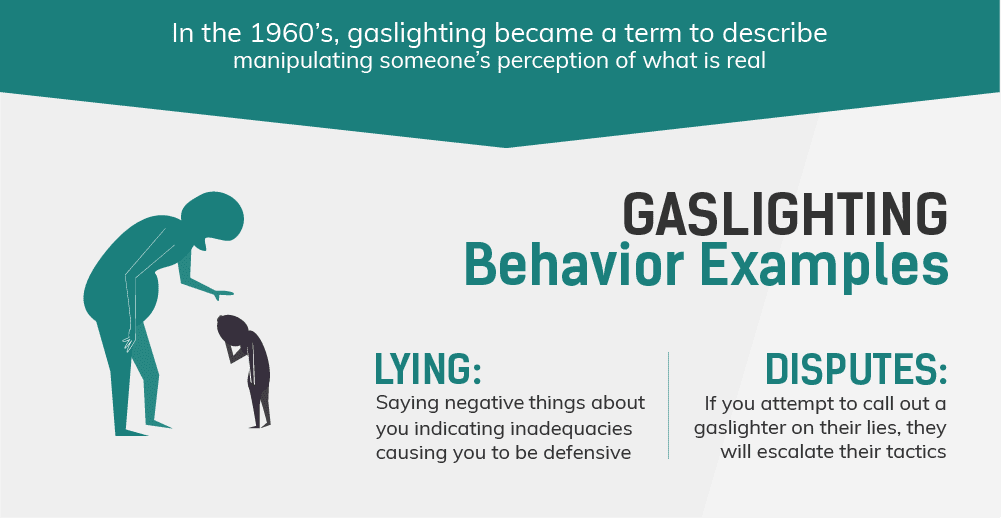Gaslighting: Understanding and Resisting Psychological Abuse in the Workplace
Key Highlights :

Gaslighting is a dangerous game played by bullies and narcissists in the workplace. It is a form of psychological abuse that can have a devastating impact on the individual victim, as well as the culture and performance of teams and businesses. In this article, we will discuss the definition and impact of gaslighting, and provide tips on how to resist it in the workplace.
What is Gaslighting?
Gaslighting is a form of psychological abuse in which the abuser manipulates the victim into questioning their own sanity, making them feel like they are losing control. The abuser may lie, deny, or distort facts, and they may also present false information to the victim. The victim of gaslighting often feels like they are going crazy, and they may start to doubt their own memory and perception of events. This can have a devastating impact on the victim’s mental health, and it can also lead to a loss of confidence in their abilities.
Impact of Gaslighting in the Workplace
Gaslighting also has a negative impact on the culture and performance of teams and businesses. It can lead to a loss of trust, as victims may feel like they cannot rely on their colleagues or superiors. It can also lead to a decrease in productivity, as victims may feel too overwhelmed or intimidated to perform well. Gaslighting can also be a barrier to innovation, as it can stifle creativity and prevent employees from sharing new ideas.
How to Resist Gaslighting in the Workplace
If you are experiencing gaslighting in your workplace, it is important to speak up. You may need to seek support from your supervisor or HR department, but you should also be prepared to fight back. Here are some tips to help you resist gaslighting:
Don’t let the abuser control your emotions.
The abuser will try to make you feel scared, ashamed, and paranoid, and you should resist this temptation. You should never let the abuser get you so upset that you can’t think clearly. You should also keep your composure in difficult situations, even if the abuser is trying to get you to break down.
Don’t let the abuser get you to doubt your own memories and perceptions.
The abuser will try to get you to doubt your own memories and perceptions of events. You should never let the abuser get you to doubt your own thoughts and feelings. You should also be careful not to let the abuser get you to doubt your own sanity. You should remember that you are not responsible for the thoughts and actions of the abuser.
Don’t let the abuser get you to doubt your own abilities.
The abuser will try to get you to doubt your own abilities. You should never let the abuser get you to doubt your own intelligence or skills. You should also remember that you are capable of overcoming any obstacle.
Seek support from a trusted friend or colleague.
It can be helpful to talk to someone you trust about your experiences with gaslighting. This can provide validation and support, and it can also help you feel less alone. You may also want to consider seeking professional support, such as therapy, to help you cope with the effects of gaslighting.
Conclusion
Gaslighting is a serious form of psychological abuse that can have a devastating impact on individuals and teams in the workplace. It is important to understand the signs of gaslighting, and to take steps to resist it if you are experiencing it. By staying calm, trusting your own perceptions, and seeking support, you can overcome the effects of gaslighting and maintain a healthy and productive work environment.
